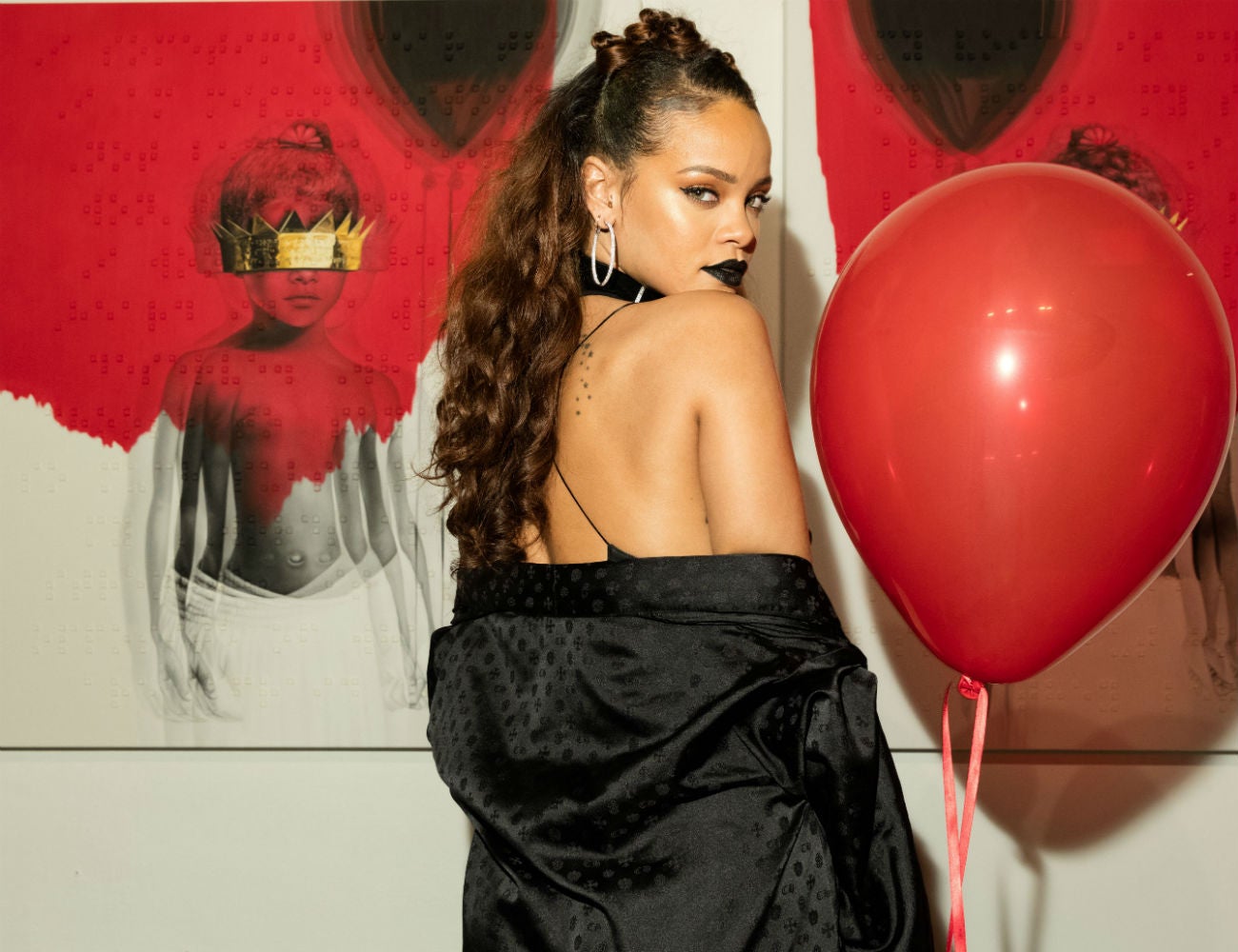The Independent's journalism is supported by our readers. When you purchase through links on our site, we may earn commission.
Rihanna on the music industry's race problem: 'People are judging you because you're packaged a certain way'
"It almost excites me; I know what they’re expecting, and I can’t wait to exceed those expectations.”

Rihanna has spoken about the discrimination she faced as a young girl black girl in the music industry, saying people didn’t take her seriously when she tried to conduct business.
The singer has been profiled by writer and filmmaker Miranda July for The New York Times’ style supplement T Magazine.
And though she has sold over 150 million songs worldwide, done campaigns with global brands including MAC Cosmetics, Puma and Armani and is a co-owner of music streaming service Tidal, she says in the interview that she has only got to where she is because people wrote her off from the start.
July asks when she first became aware of race in "a different way" when she singer, originally from Barbados, moved to New York.
“When I started to experience the difference — or even have my race be highlighted — it was mostly when I would do business deals,“ Rihanna said. ”And, you know, that never ends, by the way. It’s still a thing.”
July notes that: "Everyone’s cool with a young black woman singing, dancing, partying and looking hot, but that when it comes time to negotiate, to broker a deal, she is suddenly made aware of her blackness."
Rihanna goes on to say she has been motivated by the prejudice she faced in the boardroom.
“[I]t’s the thing that makes me want to prove people wrong. It almost excites me; I know what they’re expecting, and I can’t wait to show them that I’m here to exceed those expectations.”
The singer goes on to say that being “packaged” a certain way and being judged on their looks is having a detrimental effect on the lives of black men.
“People are judging you because you’re packaged a certain way — they’ve been programmed to think a black man in a hoodie means grab your purse a little tighter,” she says.
“For me, it comes down to smaller issues, scenarios in which people can assume something of me without knowing me, just by my packaging.”
Join our commenting forum
Join thought-provoking conversations, follow other Independent readers and see their replies
Comments
Bookmark popover
Removed from bookmarks